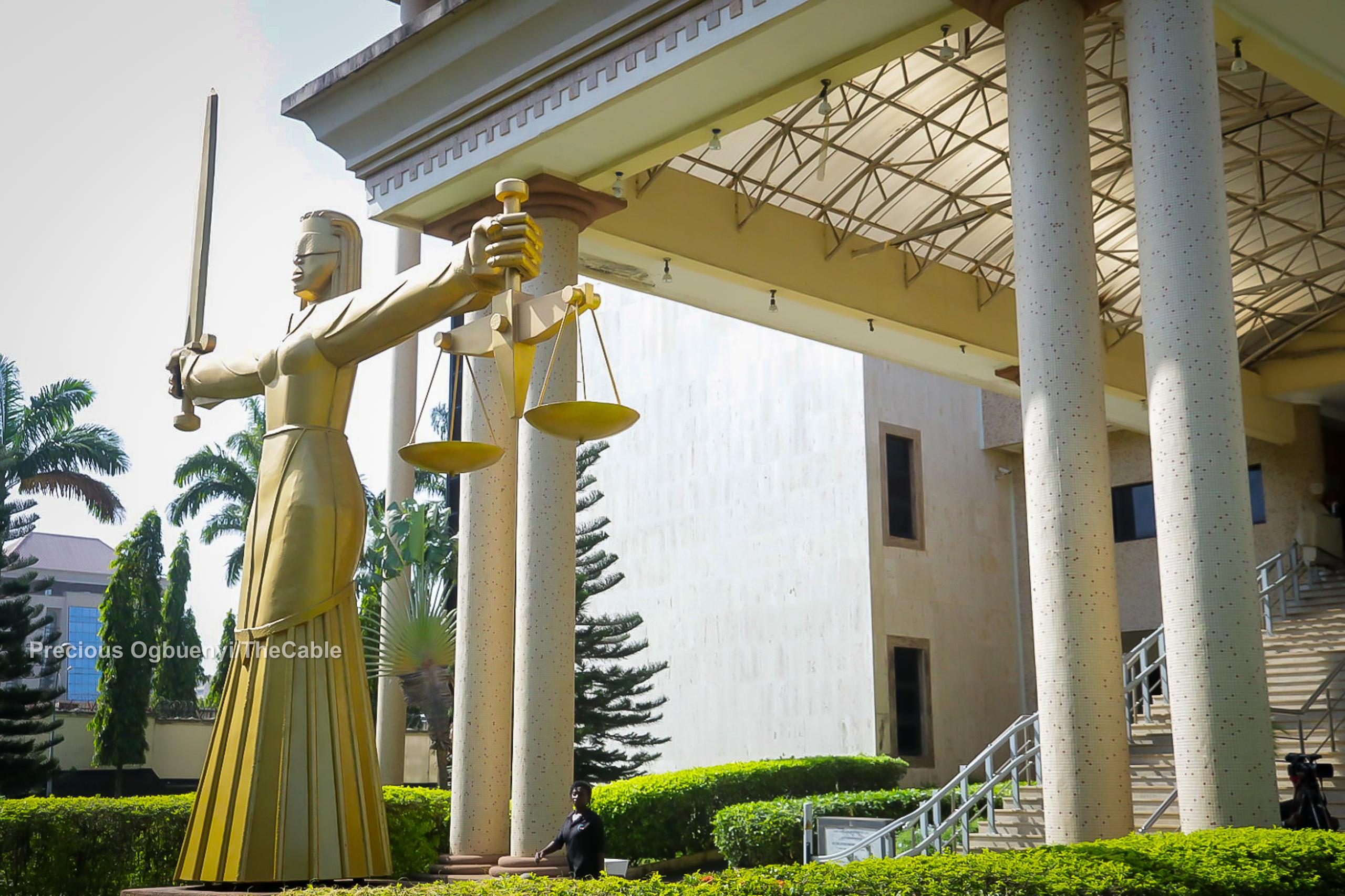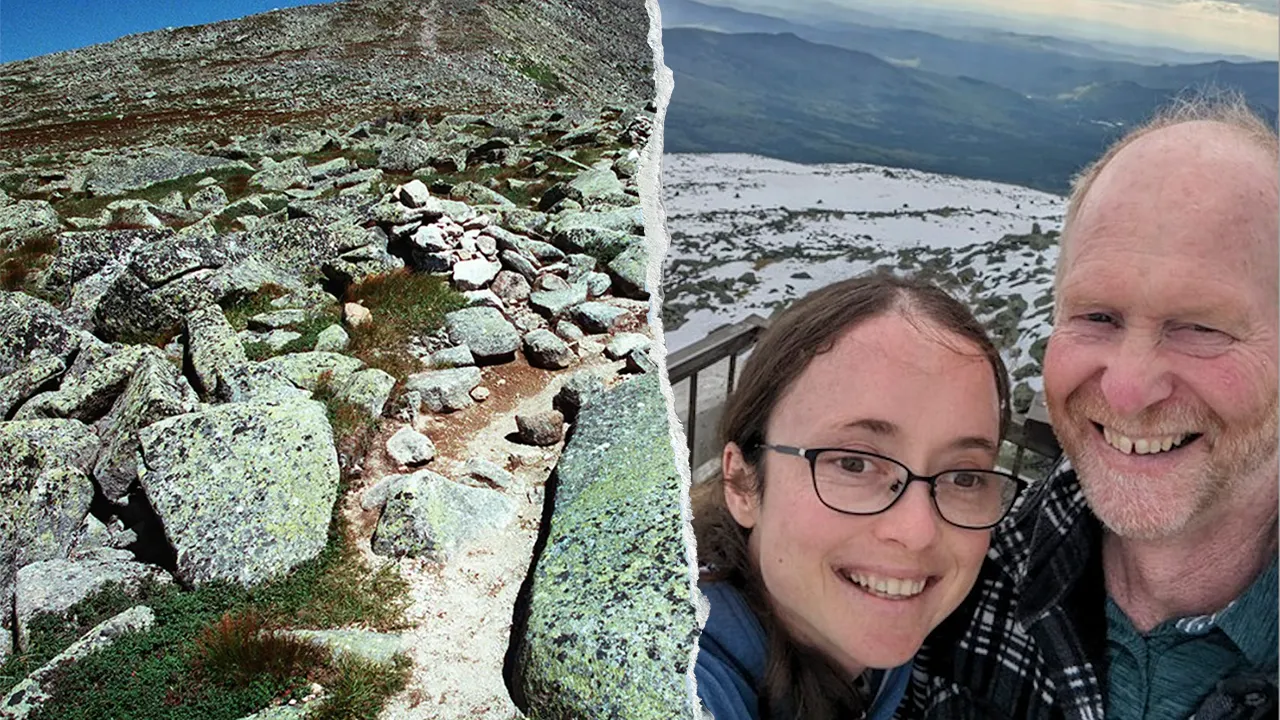Niger State Government Bans Public Sallah Festivities To Mourn Over 200 Flood Victims | Sahara Reporters
Governor Umaru Bago issued the directive in response to the widespread devastation caused by the flood, which also destroyed over 3000 homes, submerged farmlands, and displaced thousands of residents.
The Niger State government has directed the cancellation of all elaborate Eid-el-Kabir festivities across the state following the deadly flood that killed over 200 people and left more than 500 others missing in Mokwa Local Government Area.
Governor Umaru Bago issued the directive in response to the widespread devastation caused by the flood, which also destroyed over 3000 homes, submerged farmlands, and displaced thousands of residents.
This was contained in a statement signed by the Secretary to the State Government (SSG), Alhaji Abubakar Usman on Wednesday June 4 2025.
The statement added; “This decision was taken as a mark of respect for the victims of the tragic incident and to allow for a period of mourning, prayer and reflection.”
“The Mokwa flood, described as one of the worst in decades, has left families bereaved, houses and livelihoods destroyed,” the statement added.
“The Governor urged citizens to use the occasion to pray for the departed souls and engage in acts of charity for the affected communities.”
SaharaReporters earlier reported that rescue efforts were fading as authorities feared there might no longer be any survivors to find.
The massive flooding, which hit Mokwa and nearby areas, has been described as one of the worst natural disasters to hit Niger State in recent history.
The Kainji Dam, located near New Bussa on the Niger River, is believed to have contributed to the severity of the flood, as the release of excess water overwhelmed downstream communities already struggling with heavy rainfall.
SaharaReporters had reported that flood victims in the Mokwa Local Government Area of Niger State raised the alarm over the deplorable conditions of the temporary camps provided for them, describing the facilities as unfit for human habitation.
The makeshift camps were set up following the flood disaster that displaced thousands, lack basic amenities such as clean water, toilets, and medical supplies.
Many victims who lost homes and property to the flood are now struggling to survive with little assistance.
“Floods have packed everything of our own. They only give us only bread. One bread and one cowbell,” one of the victims lamented.
Another resident had said, “We are in pain. You can see our people are suffering. And we are mixed with Nupe people and Hausa people. Please, we need government intervention.”












